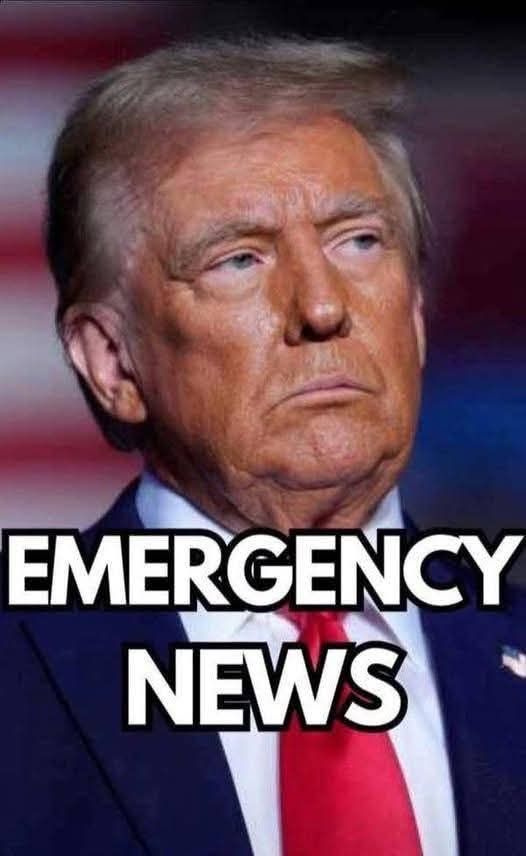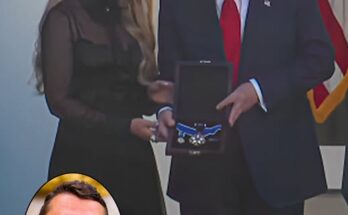
President Donald Trump has ignited a firestorm of debate after signing a sweeping new executive order that could reshape the way Americans vote in future elections.
The 78-year-old Republican president, who has already issued nearly 100 executive orders since taking office in January, unveiled his latest measure on Tuesday: “Preserving and Protecting the Integrity of American Elections.” The order mandates that all voters provide proof of U.S. citizenship when registering for federal elections—a requirement critics warn could strip millions of citizens of their right to vote.
Stricter Voter ID Rules
Under the new rules, eligible voters must show official proof of citizenship, such as:
- A U.S. passport
- A REAL ID-compliant driver’s license or state ID
- A military ID
- Another government-issued photo ID meeting federal standards
Without one of these documents, citizens will not be allowed to cast a ballot in future federal elections.
The order also directs state election officials to share registration data with federal agencies, including the Department of Homeland Security and the State Department, to identify and remove noncitizens from voter rolls.
Changes to Mail-In Voting
The executive order imposes new limits on mail-in ballots, requiring that all ballots be received by Election Day to be counted. Currently, 18 states and Puerto Rico allow ballots postmarked by Election Day to arrive later, but this practice would be eliminated under the new rules.
Legal and Political Fallout
Legal experts say the order could face immediate challenges in the courts. UCLA law professor Rick Hasen called it an “executive power grab,” warning that it shifts election oversight away from states and into federal hands. Wendy Weiser of the Brennan Center for Justice argued that the president “cannot override a statute passed by Congress” regarding voter registration.
The order also threatens to withhold federal funding from states that refuse to comply, a move that opponents claim could upend how elections are conducted nationwide.
During the signing ceremony, Trump defended the measure, saying: “Election fraud. You’ve heard the term. We’re going to end it, hopefully. At least this will go a long way toward ending it.”
But critics, including Colorado Secretary of State Jena Griswold, blasted the order as “unlawful” and an attempt to suppress voter turnout. With past efforts to pass voter ID laws failing in Congress, legal battles over this directive are almost certain.
What happens next remains unclear—but one thing is certain: Trump’s order has thrust the issue of voting rights back to the center of America’s political battlefield.


